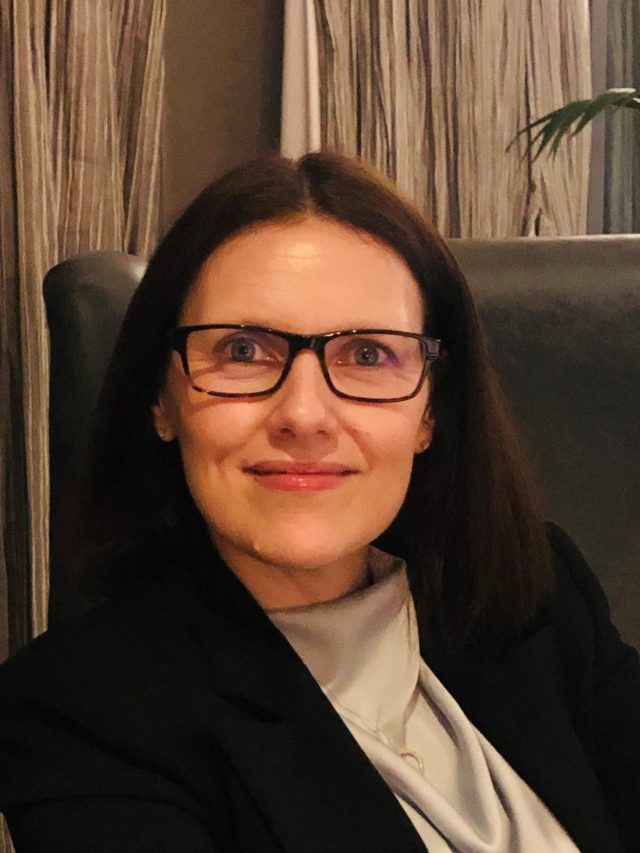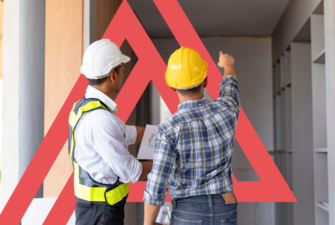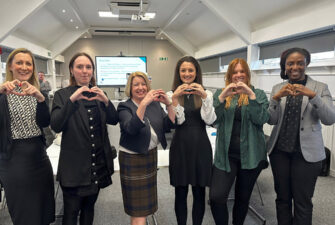
Tips for how your organisation could reduce loneliness for colleagues
This year’s Mental Health Awareness Week is focusing on loneliness.
With the Mental Health Foundation reporting that ‘one in four adults feel lonely some or all of the time’, we have found from working with clients across the housing sector that loneliness is one of the biggest challenges that has faced remote workers.
Specifically, it is affecting those colleagues that live alone and young workers entering the workplace for the first time. Many are feeling the physical separation from co-workers, a lack of camaraderie, like they don’t have friends at work, no one to share and bounce ideas with, increased feelings of being overwhelmed and a lack of connection to their organisation because of it.
All the research tells us loneliness leads to poor outcomes for physical and mental health as well as productivity. For directors, managers, and team leaders, strengthening the bonds of connectedness between remote team members and co-located colleagues can help improve team collaboration, increase morale and engagement, and reduce sickness and attrition rates.
Here are some suggestions to help colleagues combat the feeling of loneliness and to feel more included within their organisation:
- Where possible, arrange to work at least one day per week with colleagues in your organisation. Working together in the same space will improve interactions and relationships, give you as a manager the opportunity to observe behaviours and ensure your team are doing well, while increasing learning and knowledge transfer.
- Encourage your team to embrace hybrid working such as taking the dog for a walk at lunchtime or taking regular breaks from the computer and moving more!
- Make time for small talk within your Zoom or Teams meetings: don’t underestimate the value of what was once the 5-minute chat with a coffee before a meeting.
- Signpost colleagues or form new groups within your organisation for regular social connection at work, and fun. Social media gives us more opportunities than we have ever had to connect so use it to build connections
- Use Zoom/ Teams or your preferred platform for calls to communicate with your team outside of normal meetings. Pay attention to what’s going on in their lives outside the working day, regularly checking in with them.
- Where possible offer remote workers a co-working space where, if they choose to work in the office, there is a place they can login, complete their daily work and meet other colleagues.
- Facilitate monthly or quarterly team meetings to get the team together in one place. Include team-building activities, especially for those that joined the organisation during the pandemic. It’s been harder to build those relationships so giving people the opportunities to better know each other is key to collaboration.
- Buddy up those that are entering the world of work for the first time with a mentor/critical friend to ensure they build relationships outside their team. Someone else within the organisation they can build meaningful relations with.
- Lastly, ask if you are worried about colleagues. You might notice they are not quite themselves or receiving emails late in the evenings etc. Make sure you take the time to check in on them and ask if they are struggling and need additional support.
ARK supports clients with a range of mental health and wellbeing training and development which includes: Mental Health First Aid (MHFA) training, Mental Health at Work (For Employees & Managers), How to Manage your Energy, Mental Toughness and Resilience, and Stress Management alongside a range of management and leadership training and development opportunities.
We also have a panel of qualified coaches who support clients to manage their own feelings of being overwhelmed, with motivation and enabling them to think strategically while still handling the daily fires and taking care of themselves.
For more information contact Joanne Turley at jturley@arkconsultancy.co.uk to see how we can support your team.

Joanne Turley
Performance Coach and Trainer
Joanne has a strong background in business development and client management, supporting clients to achieve their corporate goals and objectives while ensuring maximum return on investment. Joanne is experienced in community and people development. She is a practitioner in Neuro-Linguistic Programming, as well as holding licenses for a variety of psychometric and behavioural-based assessment tools which measure mental toughness and enable us to build resilient communities, teams and people.
News & Insights
Read the latest housing sector news, blogs, and commentary from ARK.

Building Safety
By Luke Beard ·The deadline for registering an existing higher risk building (HRB) with the regulator and submitting the required key building information …

Are you ready for the Supported Housing (Regulatory Oversight) Act 2023?
By Nick Sedgwick ·If you are a supported housing provider, you need to be aware of the new regulations that are about to …

International Women’s Day 2024
By Chris Seeley ·The theme of International Women’s Day 2024 is the question ‘What does it mean to truly inspire inclusion?’, we asked our …
Subscribe to our newsletters for the latest industry insights
Our newsletters and reports will keep you updated on topical issues from the sector as well as what’s happening at ARK.
